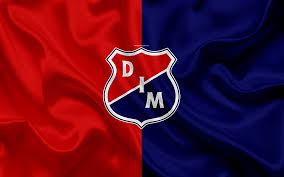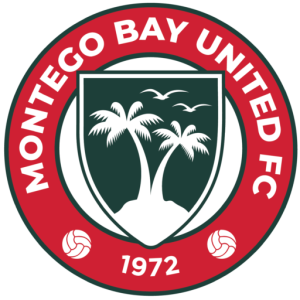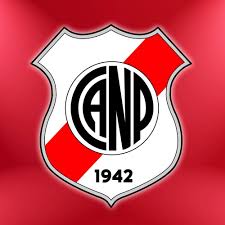The Lille Football Club has a rich history steeped in tradition, triumph, and passionate fan support. Founded in 1944, the club has gradually evolved into one of France’s most recognized football institutions. Over the decades, it has experienced various highs and lows but has continually managed to emerge as a competitive force within French football. This blog postaims to provide a comprehensive historical overview of Lille Football Club, exploring its ABC8 origins, notable achievements, iconic players, and its impact on the local community.
Origins and Formation Lille Football Club
The origins of the Lille Football Club can be traced back to the early 20th century when the sport was gaining popularity across Europe. The establishment of the club is marked by a few key events that laid the foundation for what would become a monumental chapter in the annals of French football.
Early Years
Lille’s football journey began in 1906 with the formation of “Olympique Lillois”, which was one of the initial clubs representing the city of Lille. It wasn’t until the aftermath of World War II that the modern incarnation of Lille Football Club came into existence.
The rebirth of the club occurred in 1944, amidst the reconstruction of France following the devastation of war. During this period, there was a significant push to revive sports, especially football, which played a crucial role in lifting the spirits of the people. Lille officially adopted the title of Lille OSC (Olympique Sporting Club), marking a new era for local football enthusiasts.
Transition to Professionalism
The transition to professionalism in French football during the 1930s impacted many clubs, including Lille. The introduction of professional leagues allowed Lille OSC to compete at higher levels. By 1945, Lille was integrated into the emerging professional framework, giving rise to a generation of talented athletes who would soon define the club’s identity.
This transformation brought about a shift not only in the club’s structure and management but also in the way fans engaged with their beloved team. They became more than just spectators; they were part of a thriving community united by their love for football.
Early Offerings and Challenges
The early years post-formation were marked with challenges as Lille sought to establish itself in the newly organized league systems. Competing against other historic clubs like Marseille and St. Étienne posed significant hurdles, yet Lille steadily grew in stature and performance.
The club’s resilience shone through as it rallied local support, laying a strong foundation for future success. This period served as a crucible, forging a sense of belonging and loyalty among the supporters, which remains a hallmark of Lille Football Club today.
Notable Achievements
Throughout its history, Lille Football Club has amassed a plethora of accolades that highlight its status as one of France’s premier clubs. These achievements not only reflect the team’s strength on the pitch but also symbolize the deep-rooted culture of football in Lille.
Domestic Success
From its inception, Lille has demonstrated remarkable consistency in domestic competitions. The club’s first major achievement came in 1946 when it won the French Championship, marking its arrival as a formidable contender in Ligue 1.
Throughout the years, Lille continued to build on this success, adding several more Ligue 1 titles to its trophy cabinet. The pinnacle of its domestic exploits came in 2011 when Lille secured a historic double, claiming both the Ligue 1 title and the Coupe de France — a feat that showcased the team’s dominance in French football that season.
Achieving consecutive successes in domestic cups solidified Lille’s reputation as a powerhouse in French football.
European Ventures
Lille’s ambition has always extended beyond national borders, aiming to make an impact in European competitions. While the club has faced its fair share of ups and downs on the continental stage, memorable moments have defined its European campaigns.
In 2007, Lille reached the quarter-finals of the UEFA Champions League, a significant milestone that underscored its growing prowess. The team displayed commendable performances against some of Europe’s elite, showcasing the talent and character that have become synonymous with Lille Football Club.
Although the club has yet to win a major European title, its consistent presence in European competitions has contributed to a growing global reputation. As Lille continues to participate in UEFA tournaments, it remains poised to make further strides in the coming years.
Youth Development and Academy
The cornerstone of any great football club often lies in its ability to nurture young talent, and Lille Football Club has excelled in this regard. The club’s youth academy has produced numerous players who have gone on to make significant contributions not only to Lille but to national teams and international clubs.
Lille’s commitment to youth development has been evident in its investment in training facilities and scouting networks. The club fosters an environment where young athletes can hone their skills while receiving the necessary support to develop as professionals.
Notable talents such as Eden Hazard and Mike Maignan emerged from Lille’s academy, showcasing the club’s capacity to identify and cultivate exceptional players. Their success stories serve as inspiration for aspiring athletes within the region and reinforce Lille Football Club’s commitment to developing homegrown talent.





